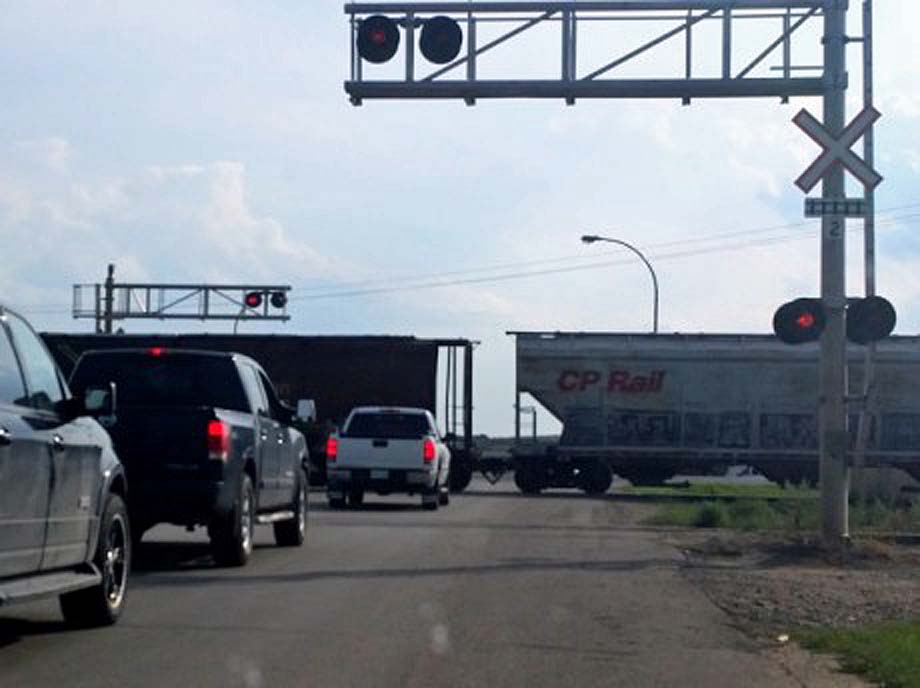

Ottawa Ontario - Last week's Federal Budget called for a pilot program to reintroduce and extend
the rail interswitching limit on the prairies.
Elizabeth Hucker, CP's assistant vice-president of marketing and sales for Canadian grain says it's an idea CP is not
in favor of.
"Interswitching requires additional handoffs for rail cars between carriers, which in turn causes increased dwell
time. This slows the entire rail supply chain and reduces capacity by introducing inefficiencies which could otherwise
be avoided."
A similar pilot project, in 2014 under the Conservative government at the time extended the interswitching radius from
30 kilometers to 160 kilometers, that project would end in 2016.
Hucker says a return to any version of the extended interswitching regime will unavoidably harm the performance and
capacity of Canada's rail based supply chains as well as increase costs and worsen inflation.
"With the transportation Modernization Act, which became law in the spring of 2018. The Parliament of Canada
wisely replaced the previous extended regulated interswitching limit with the long-haul interswitching regime. All
stakeholders worked with Transport Canada to develop this remedy. The extended interswitching remedy was recommended by
the Supply Chain Task Force without consultation of the railways."
Rail movement this winter has been fairly consistent.
Hucker notes CP has seen strong grain movement to Thunder Bay and Vancouver.
"In each week (grain week) 33 and 34, CP has exceeded its winter grain shipping target of 523,800 metric tonnes
per week as we outlined in our 2022-2023 Grain Service Outlook Report. Grain flows to Thunder Bay have continued to
increase in preparation of the St Lawrence Seaway reopening."
The Port of Thunder Bay officially reopened late last week.
Glenda-Lee Vossler.
(likely no image with original article)
(usually because it's been seen before)
provisions in Section 29 of the
Canadian Copyright Modernization Act.

